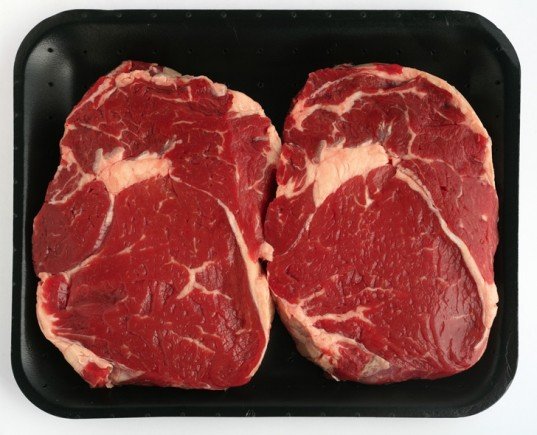According to results from the European Commission, horse DNA has been found in up to 5% of beef products randomly tested across the EU.
Inspectors also found the banned anti-inflammatory horse drug phenylbutazone, or “bute”, in 0.5% of horsemeat tested.
The EU said it was “a matter of food fraud and not of food safety”.
The three-month programme of checks was agreed by the 27 EU member states in February after horsemeat had been found in a batch of Findus frozen lasagne.

“Restoring the trust and confidence of European consumers and trading partners in our food chain following this fraudulent labeling scandal is now of vital importance for the European economy,” said EU Commissioner for Health and Consumers Tonio Borg.
Tonio Borg said the Commission would “propose to strengthen the controls along the food chain in line with lessons learned.”
Of the 4,144 tests carried out across the EU for the presence of horsemeat DNA, 193 were positive (4.66%).
There were 3,115 tests for bute, of which 16 were positive (0.51%).
In addition, member states reported another 7,951 tests for horse DNA performed by food business operators; of these 110 were positive (1.38%).
The number of tests varied between 10-150 samples depending on the size of the EU country and on consumption habits, the Commission said.
The tests were commissioned by the EU amid concerns about possible fraudulent attempts to sell horsemeat as processed beef in a number of member states.
The tests, although not comprehensive, provide an indication of the scale of the problem.
Last week the Dutch government announced that, as part of its investigations, it had identified two processing plants that might have supplied horsemeat as beef since January 2011.
The European Commission believed the EU had one of the best food safety systems in the world but it relied on a complex web of suppliers.
The food companies across the EU were so interwoven that one fraud could have a serious ripple effect across a number of countries.
[youtube ku5A3EGBf0k]
